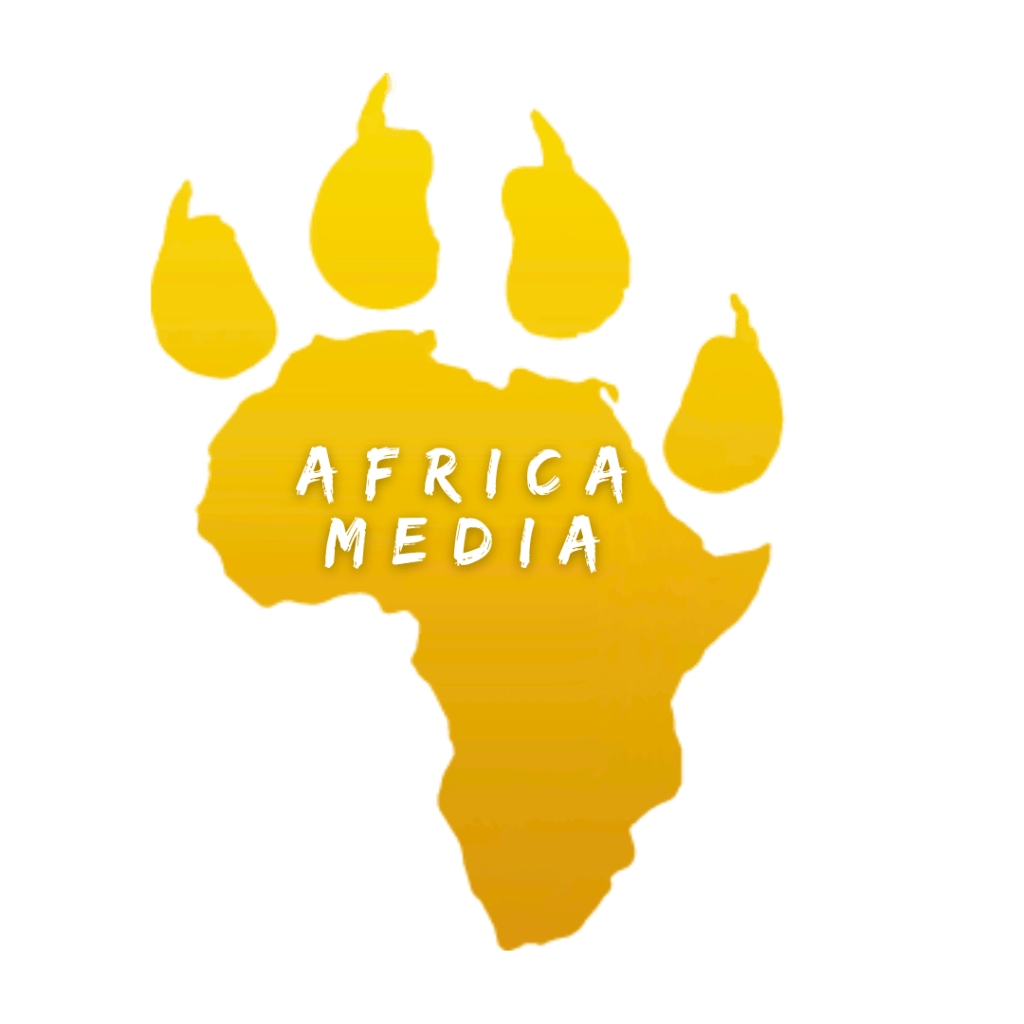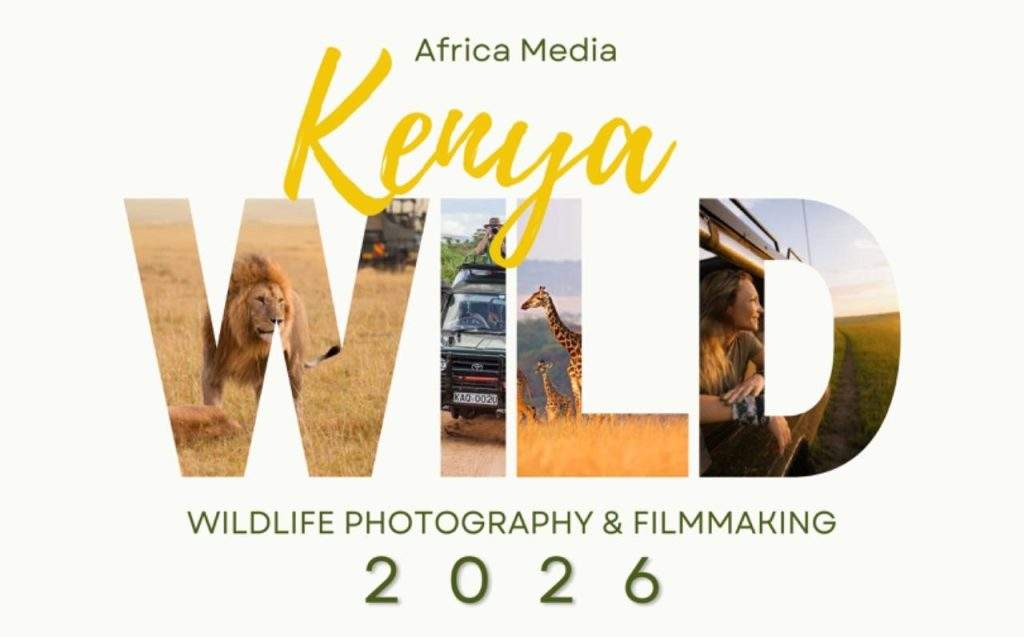Africa Media has developed a training syllabus consisting of direct tutorship, practical underwater photographic expeditions, practical cultural photographic expeditions, free diving training, and theoretical plus practical tuition for digital workflow and post-processing of your photographs and video.
Daily Syllabus
Please note, that due to weather conditions and service provider operational requirements, this syllabus is likely to change during the program.
DAY 1-5 (Estimated)
Orientation – arrival and welcome. A day spent ensuring all paperwork is completed, living arrangements established and a familiarity tour of the local town/area. Technical tricks are scattered throughout. Each day is full of the practical application of techniques.
Equipment and maintenance – A day spent learning about equipment, how to construct it, maintain it, when and where and how it is used. How to protect your equipment from flooding and saltwater and how to store it when you’re not using it, are popular topics.
Introduction SCUBA Dives – First SCUBA dive(s)without cameras, used to introduce the marine life you will encounter, and also to practice essential SCUBA diving skills necessary to be a successful photographer (buoyancy control, breathing). A brief theory session to ensure students understood the e-learning and online lectures relating to using a camera underwater.
Pool/rock pool macro photography – a day spent setting up and then using your cameras in a rock pool/pool environment (conditions permitting). Essential section to familiarise yourself with controls, camera setup and how to work with a large camera to photograph macro subjects.
Monkeyland KZN – Expedition to Monkeyland KZN to use DSLR cameras above water and master settings and shooting on manual control. Afternoon download content and begin working with Lightroom functions
DAY 6-10 (Estimated)
Macro SCUBA dives – Double tank SCUBA dives focusing on macro subjects using flat port photographic techniques. Focus on locating subjects, placing strobes, buoyancy control. Download photos and critique sessions with staff. This happens after most dives and is a time when intense learning and discussion between students and students and teachers takes place. A very powerful learning curve develops.
Macro SCUBA dives – Double tank SCUBA dives focusing on macro subjects using flat port photographic techniques. Working on moving those important focus points around and working with metering modes.
Free-diving course – Free-diving is an essential skill for a successful underwater photographer to master. Africa Media introduces you to this skill with a free course to get you on the right track and to introduce you to this exciting and adventurous past-time. Begin with land-based theoretical learning of free-diving techniques. Afternoon lectures and theoretical presentations.
Free-diving – Pool session in free diving techniques. Including timed events in static apnea, practical training in duck diving technique, and practical in dynamic apnea.
Professional camera dives – Double tank SCUBA dives focusing on macro subjects using flat port photographic techniques. Focus on black and blue water backgrounds. Advanced shooters will learn super-macro techniques. Critique sessions with staff.
DAY 11-15 (Estimated)
Shark Snorkel – Morning post-photographic editing and presentation on wide-angle photography followed by a wide-angle free diving expedition, photographing oceanic blacktip sharks on snorkel. .
Model Day – Another shark snorkel followed by single tank dive. During both activities today we will be focussing on working with each other and creating powerful ‘two shots’ with an animal subject and a human together.
Editing – Each day you will be given time, after your crit session, for post-processing. Staff will take you through the essentials of the Adobe products we use on the program, both Lightroom and Photoshop. On this day you’ll do an underwater fashion shoot in a deep pool, using accessories to maximize the look and learn how to take instruction from potential clients to ensure you deliver what they are expecting.
Rock pool expedition and picnic – Work on a chosen shot you want to re-create. Plan the shot and work out how to re-create the look and then the group will assist each other in the rock pools, with extra lighting and other accessories. It goes without saying by now, on each day of shooting there’s a crit session and post-processing time.
Wide Angle Dives – Double tank SCUBA dives looking at wide angles of sharks, turtles, potato bass and seascapes. Particular focus on obtaining that perfectly balanced exposure, and on techniques for interaction with all these species.
DAY 16-20 (Estimated)
Professional camera dives – Double tank dives using underwater camera setup with the mode of your choice, macro or wide-angle. You’ll be ready to look at some more intermediate skills such as, panning or zooming with rear-curtain flash. Macro lovers will see how to get the most bokeh out of the reef.
Professional camera dives – Two dives that focus on collecting marine wildlife content to complete your ‘critter’ presentation. This is something you will start working on from the beginning dives. Finding a marine creature, then learning more about it and observing its behavior. In doing so, we want to see how your understanding of how to shoot it best evolves.
Wreck dive and dusk sharks If conditions allow we will do a wreck dive first, after learning how best to shoot wrecks, and then we’ll do a late afternoon shark trip and see if we can capture some dramatic sunset shots with sharks, over-under style.
SCUBA with sharks – A final SCUBA shark dive to say goodbye to the friendly black-tips/ and or Raggies and to collect any shots that you still want.
Career development & Portfolio – Morning to be spent on career development for aspiring underwater photographers including the development of a professional network, freelancer work and career opportunities. Finalise post-processing and export a slide show, prior to a farewell dinner and an evening showing of your work.





